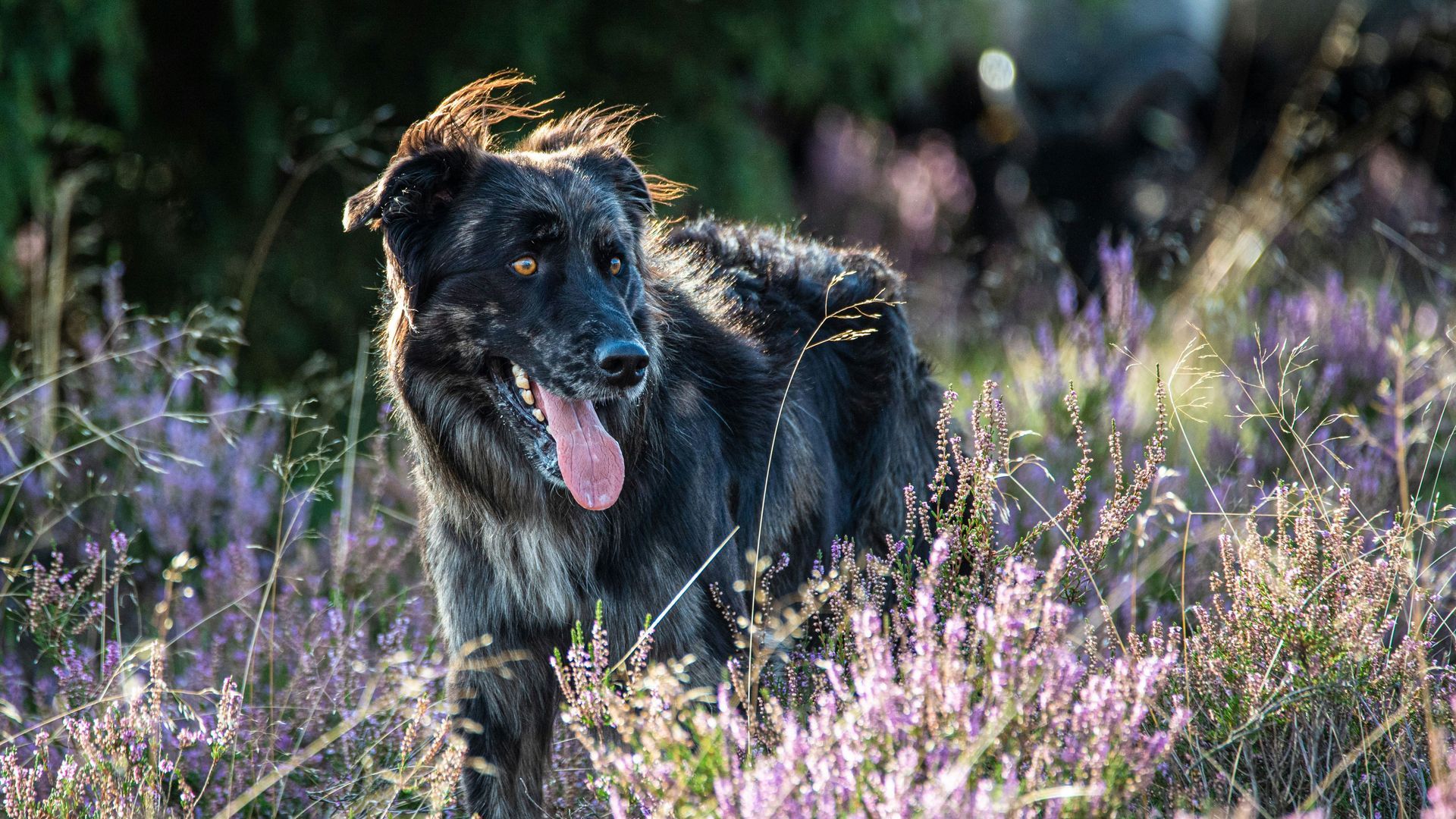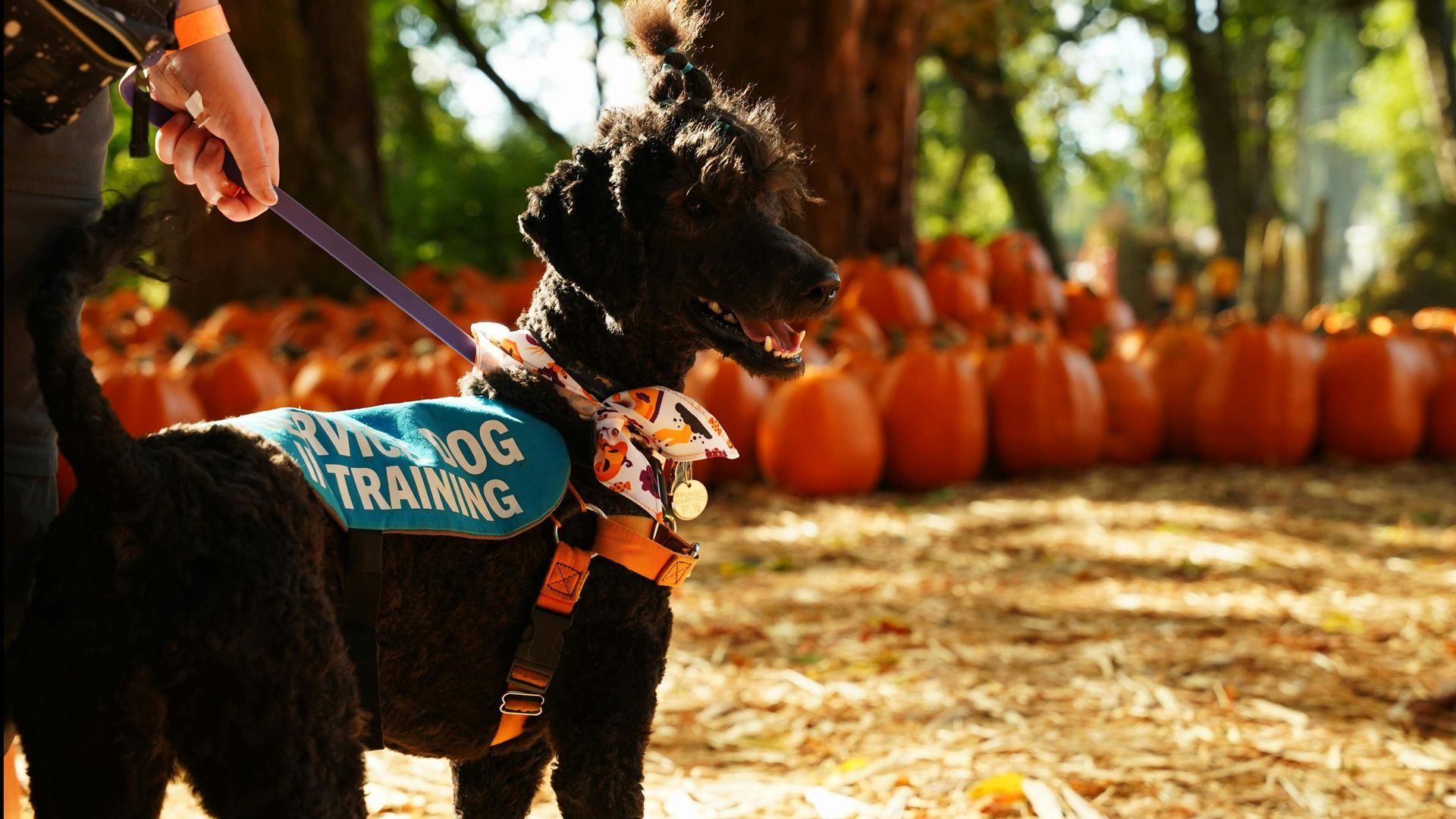What Happens If Animal Control Is Called On My Animal?

Protecting You and Your Pet During an Animal Control Investigation
When Animal Control knocks on your door, it’s easy to panic. Whether someone has made a complaint about your dog’s behavior, your pet has escaped, or there’s been an alleged bite or neglect report, it can feel overwhelming and deeply personal.
At Evolved Law, we understand that pets are part of your family and that every situation has more nuance than a report can capture. Our role is to help protect your rights as an owner, ensure fair treatment under the law, and advocate for the welfare of your animal.
This guide will walk you through what happens when Animal Control gets involved in Colorado, what your rights and responsibilities are, and how to respond in a way that protects both you and your pet.
1. Why Animal Control Gets Involved
Animal Control agencies are responsible for enforcing local and state animal laws. They respond to a wide range of complaints, including:
- Reports of dog bites or aggressive behavior
- Noise complaints (frequent barking or disturbances)
- Allegations of neglect, abuse, or inadequate shelter
- Loose or stray animals running at large
- Concerns about dangerous or vicious dogs
- Unlicensed or unvaccinated pets
In most Colorado jurisdictions, Animal Control operates under county or city ordinances that give them the authority to investigate, issue citations, and, in some cases, seize animals if they believe the animal is in danger or poses a public threat.
2. The Complaint and Investigation Process
When a complaint is made, Animal Control typically follows a set procedure designed to determine whether there has been a violation of law.
Step 1: Initial Report
A neighbor, passerby, or another individual files a complaint. The report may include photos, videos, or witness statements. You may not be told who made the report. What counts as an animal violation depends on where a person lives. Generally, the city or town (also knowns as the Municipality) will have specific rules on what counts as a violation. The state of Colorado also has its own specific animal law statutes.
Step 2: Site Visit or Contact
An officer may come to your home or property to observe the animal’s condition, check for compliance (such as licensing or vaccination), or ask questions.
You are not required to allow entry onto your property without a warrant, unless there is an emergency (for example, if the animal appears in immediate danger). However, remaining polite, cooperative, and calm will go a long way toward a favorable resolution.
Step 3: Evidence Collection
When it comes to animal issues, Animal Control Officers are, in all ways that matter, the same as police officers. This means,that Animal Control may document their visit through photos, written reports, or interviews with witnesses. This also mean that anything the animals owner says to an Animal Control Officer can and will be used against them, and officers are not required to provide complete or accurate information to an owner accused of a violation. Animal Control's primary focus is on collecting evidence of the alleged crime, not to determine if someone is innocent. Therefore it is generally best to not make verbal or written statements to Animal Control. If the officer suspects a violation of the law has occurred, they may issue a citation or request that the animal be impounded. A citation from an animal control officer is a criminal charge. These charges can range from petty offenses, to misdemeanors or even felonies depending on what violation occurred and the severity of the violation.
Step 4: Notice or Summons
If you’re cited, you’ll typically receive a notice to appear in municipal or county court. This court date is an opportunity for the pet owner to contest the allegations or present their side of the story.
3. When an Animal Is Seized
One of the most distressing moments an owner can face is when Animal Control removes a pet from the home.
When Can They Take Your Animal?
Under Colorado law, Animal Control can seize an animal if:
- The animal is believed to be suffering from cruelty or neglect,
- It is deemed dangerous or vicious,
- It was involved in a serious attack or injury, or
- There is a court order authorizing seizure.
Once seized, the animal may be held at a shelter or contracted facility while the investigation continues. Owners are required to pay boarding and care fees during that time even if they are later found not guilty. If the owner defaults on paying the impound fees the animal is automatically surrendered to facility housing the animal, which will decide if the animal can be rehabilitated and rehomed, or euthanize the animal.
Your Rights
You have the right to:
- Notice of the reason for the seizure
- A hearing to contest the removal or to seek return of your animal
- Representation by an attorney during hearings and any related criminal or civil proceedings
These hearings can move quickly. Generally, an owner must contest the impoundment within 14 days of the seizure, but it depend on what the local statutes allow, so it’s important to contact an animal law attorney as soon as possible.
At Evolved Law, we help clients navigate these hearings, present evidence, and ensure that their animal’s welfare is considered alongside due process.
4. Dangerous or Vicious Dog Designations
One of the most common outcomes of an Animal Control investigation is a “dangerous” or “vicious dog” designation.
Colorado statute C.R.S. § 18-9-204.5 regulates the ownership of "dangerous" or "potentially dangerous" dogs. A dog is generally labeled as a Dangerous dog when:
- A dog has bitten or injured someone or another animal;
- The dog has aggressively pursued a person or animal without provocation; or
- There is repeated aggressive or uncontrolled behavior.
Once a dog is designated as “dangerous,” the owner may face strict conditions, such as:
- Mandatory muzzling or containment requirements
- Special registration and insurance obligations
- Fencing or kennel restrictions
- Payment of restitution
- Possible euthanasia orders in severe cases
These cases can be deeply emotional and complex. Our attorneys help clients challenge unfair designations and negotiate for safe humane resolutions that prioritize the life of the animal.
5. Common Mistakes Owners Make
When emotions run high, even well-intentioned pet owners can make missteps. Here are a few common pitfalls to avoid:
- Admitting fault or guilt too early. Statements made to Animal Control can be used against you later.
- Allowing entry without clarification. Unless there’s a warrant or emergency, you can politely decline entry and ask to schedule a time after speaking with an attorney.
- Failing to document your own evidence. Keep copies of vet records, vaccination certificates, photos, and witness statements that support your care and compliance.
- Ignoring court notices. Failing to appear can result in forfeiture of your pet and additional penalties, including warrants for arrest.
- Not taking these citations seriously, and expecting a slap on the wrist or a fine. Most local statutes in Colorado have the potential for jail time for the owner or euthanasia for the dog.
- Relying on the myth of the"three bite rule". The three bite rule does not exist in practice, and depending on severity of the bite a dog can be euthanized after a first time attack.
6. How Evolved Law Can Help
Evolved Law’s Animal Law team works with clients across Colorado to resolve Animal Control matters with fairness, compassion, and strategic advocacy.
We can help you:
- Respond to investigations and communicate with Animal Control on your behalf
- Defend against citations or criminal charges related to dangerous dog, dog at large or other animal law violations.
- File motions and petitions to recover seized animals
- Represent you at hearings and court proceedings
- Negotiate settlements or compliance plans that protect your animal and prevent future issues
Our philosophy is simple: to protect the human and the life of the animal through balanced, humane advocacy.
7. Prevention and Preparedness
The best way to handle an Animal Control investigation is to prevent one whenever possible. A few proactive steps can make a big difference:
- Keep licenses and vaccinations current.
- Maintain secure fencing and proper leashes when outside.
- Address behavioral issues with professional trainers early.
- Maintain positive relationships with neighbors; communication can prevent complaints.
If something does happen, you’ll already have the records and reputation that demonstrate responsible ownership.
8. When to Call an Animal Law Attorney
Contact an attorney as soon as:
- You receive a citation, notice, or summons from Animal Control;
- Your animal is seized or impounded;
- You’re notified of a dangerous dog hearing; or
- You believe your rights or your animals rights are being violated.
Early legal guidance can prevent escalation, protect your rights, and improve your chances of reuniting with your pet quickly.
9. The Evolved Law Approach
At Evolved Law, we see every case through both a legal and humane lens. We understand the deep emotional bond between people and their animals, and we work tirelessly to safeguard that relationship while ensuring compliance with the law. If you’re facing an Animal Control investigation or seizure in Colorado, you don’t have to face it alone. Our Colorado Animal Law attorneys are here to help you navigate the process, assert your rights, and fight for the fair treatment of both you and your animal.
Disclaimer
The information provided in this blog is for general educational and informational purposes only. It is not intended as, and should not be taken as, legal advice. Reading this post, commenting on it, or contacting Evolved Law through this website does not create an attorney–client relationship.
Because every situation is unique, you should consult with a qualified attorney about your specific circumstances before making any legal decisions.
Need Help Now?
If Animal Control has contacted you, or if your pet has been seized, reach out today.
📞 Contact Evolved Law to speak with a Colorado Animal Law attorney who understands both the law — and your love for your animal.











